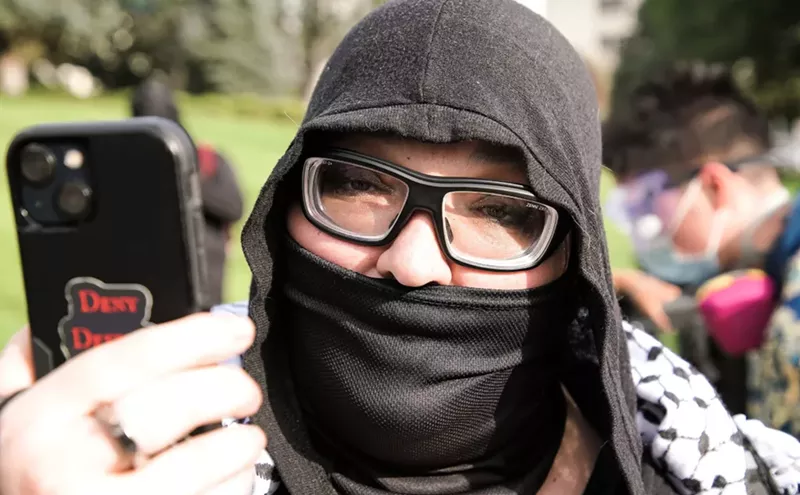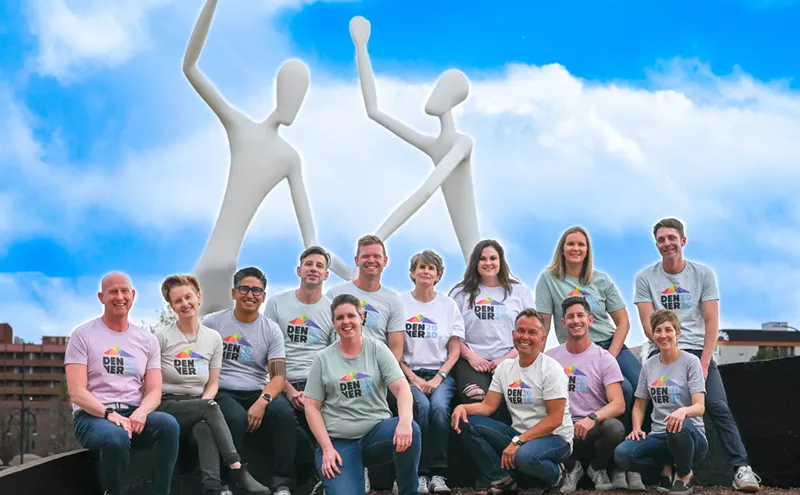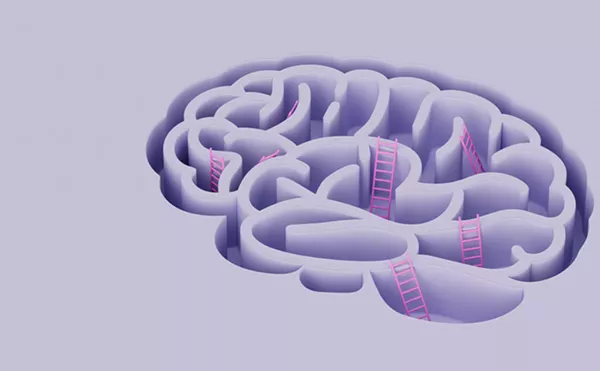"It was my first exposure to child abuse, and I was horrified," Patrice says.
The University of Colorado at Denver sociology student asked her faculty advisor how she could get into the field of child-abuse prevention, but he told her there wasn't one. It was, after all, 1974, a time when child abuse wasn't yet widely studied or discussed. Shaken Baby Syndrome had just been recognized that year based on the research of a pediatric radiologist, who initially referred to the set of symptoms as Whiplash Shaken Infant Syndrome. And the Kempe Children's Center, a local child-abuse treatment and prevention clinic that's now regarded as a national leader in the field, had been formed just two years earlier.
Patrice decided that her only chance to make a difference was to go into law enforcement. So while raising two children and working full-time as a grocery-store baker, she continued her studies and went through the police academy, joining the Fort Lupton police force in 1981. Throughout her long career as an officer in Fort Lupton and then Longmont, Patrice investigated hundreds of child-abuse cases and received more than 1,800 hours of specialized forensic and investigative training. All that time, she was nagged by a troubling deficiency in the criminal-justice system. "Everything was set up to deal with the aftermath of child abuse," she says. "Where was the prevention?"
After leaving police work in 1999, Patrice became a court coordinator in Fort Lupton, where she was known for making kids cited with blasting their stereos endure an hour of loud music deemed unappealing to the teenage ear, such as the Barney song and country tunes. When she left that post, she taught criminal justice at Aims Community College, where she'd earned her own degree in the same subject. When her husband, Dan, became ill in 2001, she scaled back her classes, and after he died last year, she decided to become a memorial counselor with Olinger mortuaries to help others with their grief.
The 49-year-old now believes her involvement with Olinger was fate. She had taken the job the month before Jasmine Danae died of injuries related to Shaken Baby Syndrome, and though Patrice had never even met the three-month-old, she was instrumental in getting the burial and funeral services donated. Jasmine's maternal family was unable to cover the costs, and relatives of her father, Justin McIntosh, who has since been charged in her death and is now awaiting trial, reportedly wouldn't help. Her son is friends with the baby's aunt and had called from the hospital to tell his mother about the tragedy. Horrified, Patrice knew she had to help.
And not just with Jasmine. She wants to prevent children from being harmed in the first place. So she and Ben Herrmann, her former police partner in Longmont, are planning to start a nonprofit called the Jasmine Foundation for the Prevention of Child Abuse. They hope to encourage doctors and nurses in maternity wards -- starting in hospitals near her home in Fort Lupton and near Herrmann's in Longmont -- to contact them when they come across a single parent or young couple who could be at risk for committing child abuse. They're looking for young parents who seem daunted by dealing with a crying baby or who are fighting and seem stressed beyond their capabilities. If doctors or nurses notify Patrice and Ben of such parents -- they'll be on call 24 hours a day -- the two will go in and chat with the parents about caring for their child and explain the dangers and legal consequences of shaking or otherwise abusing an infant.
Patrice and Ben will then take the baby off the parents' hands for 24 hours at no cost. Patrice has lined up twelve volunteers -- all people she's either worked with or trained in child-abuse recognition and prevention -- to help care for the babies in their homes. If Patrice or Ben sees any signs of child abuse, they'll report it. But if a parent just calls them out of frustration and needs time to cool down, they'll simply take the child for a day and then follow up with them after the baby is returned.
Patrice is still in the beginning stages of forming the nonprofit, but she already knows what symbol will grace the brochures she'll leave with new parents: The trumpeting-angel statue that currently marks Jasmine's grave. Although she hopes to get the foundation up and running by January, she first needs to secure enough donations to pay herself and Ben a modest salary and provide cribs, diapers, baby food and CPR training for the caregivers. Eventually, she'd like to raise enough money to expand the program to all Front Range hospitals and pay the twelve volunteers.
"Jasmine was really the inspiration for this," she says. "Had someone been knocking on her door, she might still be here today." -- Julie Jargon











